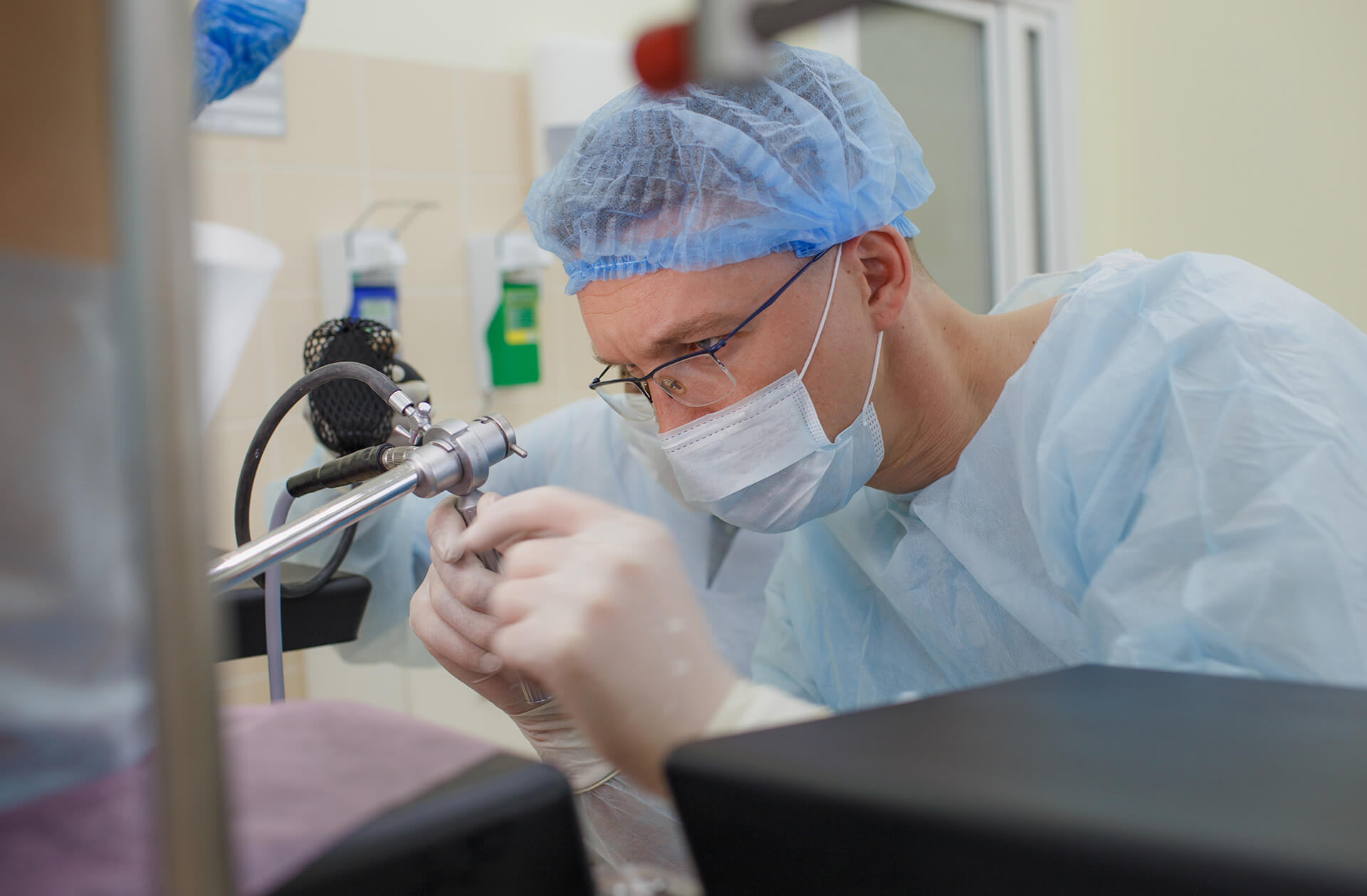About 50,000 people in the U.S. die from colon cancer annually. Colon and rectal cancer is the second leading cause of cancer fatalities for both men and women. Fortunately, the disease is often treatable and, when identified early, the outlook can be very good.
The FDA has approved three types of home-based screening tests for colon cancer. Such tests function by uncovering abnormal deviations in the feces, like blood or DNA markers for colon cancer. While the comparative ease of these tests can make them feel like a good replacement, it is critical to note that the colonoscopy continues to be the best option for the identification and prompt treatment of colon and rectal cancer. An experienced gastrointestinal specialist who can perform a colonoscopy is available at a GI Alliance office near you.
Why get a colon cancer screening?
Fast diagnosis is crucial to beating colon and rectal cancer. When cancer is detected in the colon or rectum before it has a chance to metastasize, the five-year chance of survival is about 90%. Even though other methods of screening for colorectal cancer exist, none have proved as accurate and as complete as the colonoscopy. The leading tools in the fight against colorectal cancer are colorectal cancer awareness and regular colonoscopies.
How will a colonoscopy screening detect cancer?
Before your exam, your GI physician will provide you with preparation guidelines to make certain your bowel is empty throughout the screening. These guidelines may involve:
- Fasting: You may be required to forgo solid food and consume solely translucent fluids for a day prior to your screening.
- Taking a laxative: Your GI physician could give you a laxative or “bowel prep” to clear your colon either the evening prior to or the morning of your test.
- Modifying medicines: If you take medication for heart problems, diabetes, or blood pressure, then you might need to change your dose or momentarily stop using them.
Throughout the colonoscopy, you will likely be given a mild type of sedative to help you remain calm and then directed to lie on your side. A thin, flexible tube with a video camera on the end will then be inserted through your rectum. This tube, called a colonoscope, is long enough to extend through your entire large intestine. Your colonoscopy doctor will evaluate the live images from the camera on a video monitor and search for any concerns. In the event a growth (polyp) or another abnormality is detected, special instruments can be fed through the scope to remove tissue samples for biopsy.
When is the best time to receive a colonoscopy exam?
The U.S. Preventive Services Task Force (USPSTF) recommends that patients schedule their initial colon cancer screening at age 45 and then once every ten years if they are of average risk. When people have a higher risk for colon or rectal cancer, GI doctors might recommend a colonoscopy on a 3 to 5-year basis. The risk factors for colorectal cancer are:
- Family history of colorectal cancer
- Type 2 diabetes
- Digestive conditions, such as Crohn’s disease and inflammatory bowel disease (IBD)
- Personal history of multiple polyps, large polyps, or colorectal cancer
Your GI specialist may also suggest a colonoscopy exam if you are experiencing any of the following symptoms of colon cancer:
- Nausea and vomiting
- Abdominal pain
- Diarrhea
- Persistent constipation
- Bloody stools
Patients who are exhibiting these signs should call GI Alliance as soon as possible to consult with a gastroenterologist.
Why are colonoscopies the gold standard?
Though some at-home test kits have received FDA approval, a colonoscopy is still the most effective way to detect colorectal cancer. Moreover, potentially cancerous or large growths can be removed with a colonoscopy which reduces the need for additional procedures. An individual who tests positive with an at-home screening kit will still need to have a colonoscopy to verify the results and have any cancerous or precancerous polyps removed.
Schedule your colon cancer screening
For patients age 45 and over, undergoing periodic colorectal cancer screenings is an important part of maintaining their well-being. Colonoscopies at GI Alliance can help diagnose and prevent colon cancer, giving you peace of mind if you are cancer-free and a good fighting chance if cancer is detected early. To set up your colonoscopy or for further details about the fight against colorectal cancer, please call a GI Alliance office in your community.


